Colin Pal
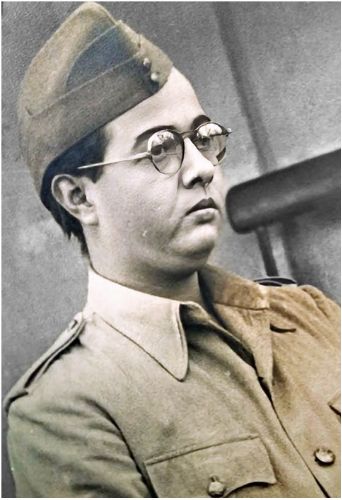
Subscribe to read full article
This section is for paid subscribers only. Our subscription is only $37/- for one full year.
You get unlimited access to all paid section and features on the website with this subscription.
Not ready for a full subscription?
You can access this article for $2 , and have it saved to your account for one year.
- Born: 25 December 1923 (London)
- Died: 30 August 2005
- Primary Cinema: Hindi
- Parents: Lily Bell and Niranjan Pal
- Children: Deep Pal
Actor, technician, and journalist, Colin Pal was also a publicist for approximately 175 Hindi films. He is known for films such as Bees Saal Baad (1962), Mere Hamdam Mere Dost (1968), Sawan Bhadon (1970), and Anand (1971). He is acknowledged for having done ground-breaking work in the field of film news reporting as there was no trend of film journalism prior to this. He became both a prominent correspondent and film historian, and also penned the book Shooting Stars.
Born on 25 December 1923 in London, he is the son of playwright, producer and director Niranjan Pal, and an English mother Lily Bell. He is the grandson of noted freedom fighter Bipin Chandra Pal. Colin Pal spent his early years in Wembley, before moving to Bombay in 1929.
After working alongside his father Niranjan Pal, associate of Himanshu Rai and Franz Osten of Bombay Talkies, in May 1943, he joined Filmistan Studios as an apprentice. He served as assistant director to P L Santoshi. While working with Filmistan he also acted in the film Samaadhi (1950). A spy film, it was directed by Ramesh Saigal, and starred Ashok Kumar as Shekhar and Nalini Jaywant as Lily D'Souza. A box office success, it was the highest-earning film of 1950, reportedly earning an approximate gross of Rs 1,35,00,000 and a net of Rs 75,00,000. Pal played Netaji Subash Chandra Bose in the film.
His next film appearance in a character role came the following year, in Bimal Roy's Parineeta (1953). This romantic drama, starring Meena Kumari and Ashok Kumar, was based upon the 1914 Bengali novella of the same name by Sarat Chandra Chattopadhyay. This version of the film is considered by many to be the most faithful adaptation of the novella, particularly due to Meena Kumari's interpretation of the role of Lalita. It depicted the love story of the son of a wealthy man and his middle-class neighbour. But their romance is put to the test both by a feud between the families and by the entrance of a rival for the girl's affection.
He also acted in Naukri (1955), a Bimal Roy directorial which depicted the dreams and aspirations of the educated youth getting shattered as they struggle in the city for employment, in the ensuing years after India attained Independence. The main cast of the film comprised Kishore Kumar, Sheila Ramani and Balraj Sahni.
He would find his métier as a film publicist for mainstream Hindi films. Starting in the 1950s with films such as Howrah Bridge (1958) and Raagini (1958), he would go on to handle the publicity of several films including Bombai Ka Babu (1960), Junglee (1961), Bees Saal Baad (1962), Half Ticket (1962), Kashmir Ki Kali (1964), Gumnaam (1965), Padosan (1968), Aan Milo Sajna (1970), Guddi (1971), Anand (1971), Mere Sapne (1971), Bombay to Goa (1972), Aap Ki Kasam (1974), Kunwara Baap (1974), Aandhi (1975), and Inkaar (1977), among others.
He also wrote for a number of film trade magazines. He often collaborated with film historians on projects that centred around the era of early talkie studios in Bombay. He contributed to the historical discussion on the use of simple Hindustani in early Hindi cinema instead of the more literary language, which is common in other vernacular cinema including Tamil and Bengali. He believed that this was a result of the early screenwriters and producers in Bombay being transplants from the silent era. As they were not Hindi speakers themselves, they consequently insisted on dialogue that was in simple, straightforward contemporary language.
Pal also authored the book Shooting Stars which described the eccentricities of the cinema process. The book is a historical record of stars, filmmakers and technicians whom he knew intimately and had associated with, and contained many unpublished stories.
He also re-authored his father Niranjan Pal's autobiography Aye Jibon: Such Is Life. It won a National Award from the Indian government in 2001.
His son, Deep Pal was a pioneer of Steadicam camerawork in India, and worked with many leading filmmakers.
Colin Pal passed away on 30 August 2005 in Mumbai after a prolonged illness. He was 83.
References
https://www.imdb.com/name/nm0657159/
https://www.prlog.org/12298767-deep-pal-cinematographer-much-ahead-of-its-time.html
Image credit: Melita Malewar
-
Filmography (1)
SortRole
-
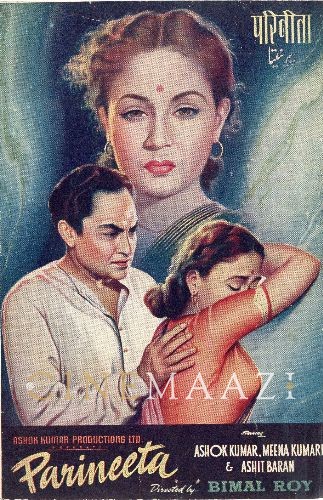
Parineeta 1953
-



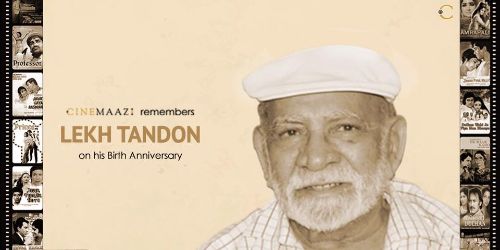
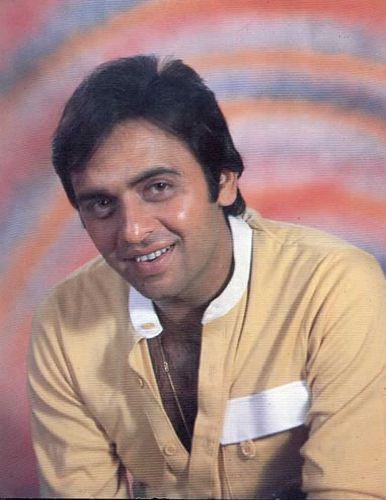
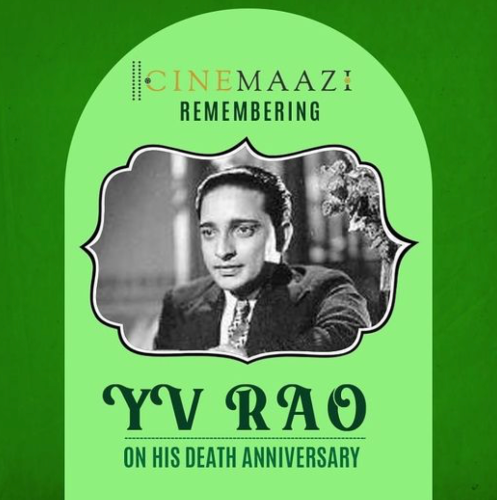


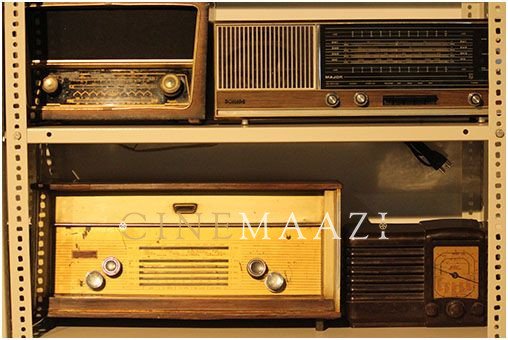
.jpg)



